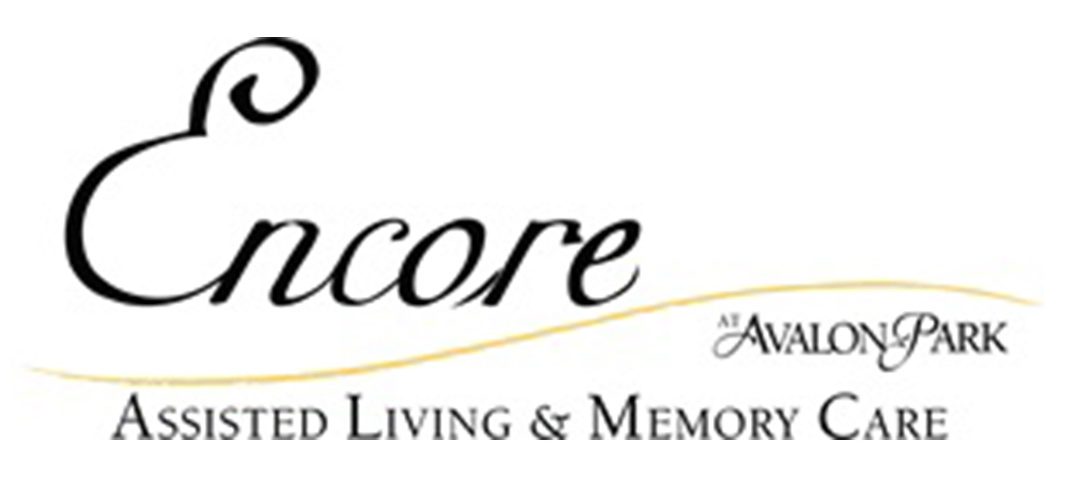Has Your Get Up and Go, Got Up and Went?
March 16, 2015Has Your Get Up and Go, Got Up and Went?
By: Anissa Mitchell, LCSW
Have you noticed that you or your loved one struggle with the motivation to get moving and participate in daily activities? Have you seen a decline in the interest in socializing with friends or participating in hobbies? If so, you might be dealing with apathy. Studies indicate that up to 45 percent of people with Parkinson’s experience apathy. Apathy is a neuropsychological symptom of Parkinson’s characterized as the lack of interest and participation in purposeful behaviors, difficulty with initiating, sustaining and completing tasks, and lack of concern for yourself and those around you (Simpson, 2013). These characteristics encompass behavior (treatment compliance, effort), cognition (lack of engagement) and emotion (lack of responsiveness). While
apathy can be a symptom of depression, it can exist alone with unique symptoms including a flat affect, generalized indifference, poor social engagement, reduced initiation of activities and poor persistence. While loved ones might perceive the person with Parkinson’s as lazy or uninterested, what is happening is related to physiological changes in the brain related to dopamine depletion. Apathy can have a negative impact on the person’s treatment compliance, social participation and even disease outcome. But apathy doesn’t just affect the person with Parkinson’s, it has a significant impact on the caregiver as well. Stress in the caregiver has been found to be higher in those who care for someone less motivated as the caregiver often takes on more responsibilities, has to prompt or remind their loved one to do necessary things and often leads to reduced socialization outside the home and even within the relationship if there is a reduction in conversation.
If you, or your loved one are experiencing apathy, discuss this with your physician. Treating the non-motor features, such as apathy, depression and anxiety for example which have a great impact on quality of life, is just as important as treating the motor symptoms. While there are limited pharmacological treatment options for apathy specifically, there are some things that you can do to manage it.
Increasing engagement in activities has been related to decreases in apathy and depression. Scheduling or having someone assist you in scheduling a daily plan of activities (goals) with set times helps to increase success in completing your goals. Having accountability such as task lists, calendars, and verbal or other types of reminders helps to keep you on track and documents progress. Giving yourself a reward for completing a task-such as watching your favorite TV show-helps to reinforce the behavior of engaging in and completing your goal.
According to a study completed recently on a program to address apathy in Parkinson’s through goal setting, activity planning, reminders and weekly accountability, it was found that those who participated in the study, had statistically significant reduction in apathy from pre to post assessment (Butterfield, 2013). The study included reminder alerts on a system called iPing, an online and telephone reminder system (iPing.com), as well as weekly telephone coaching. Having accountability for engaging in and completing activities is key to success, reinforces the behavior and provides social interaction.
Whether it is a family member, buddy or even a counselor, having to share your goals and accomplishments with another is often a motivator to follow through and can become a positive cycle of accomplishment and reward. What this small study identified was that having task lists/goals, reminders and coaching (encouragement) was key to change. There are online tools and phone apps that can help to remind you of a task and even document progress towards the completion of a goal. One such program is called irunurun.com which is a performance and accountability tool for use on both computers and smartphones.
Exercise is another great motivator. Daily physical activity can not only help slow progression of symptoms, the chemical reactions in the brain from strenuous exercise elevates mood and increases motivation. Lastly, support groups and other social outings can help to encourage and motivate you while providing you the chance to connect socially with others. The Parkinson’s Outreach Center offers several programs including PD Link, a peer-to-peer support network that provides the opportunity to talk one-on-one with another sharing similar experiences by phone or email. There are also support groups, CHEER>UP drama therapy, Movement and Dance for Parkinson’s and other Parkinson’s programs in the community that have been designed to promote wellness, socialization and most of all encouragement and motivation. So, what are you waiting for? Get up and go!
Source: http://scholarcommons.usf.edu/cgi/viewcontent.cgi?article=6069&context=etd
http://movementdisorders.ufhealth.org/2013/11/26/apathy-and-parkinsons-disease/
http://jnnp.bmj.com/content/73/6/636.full
